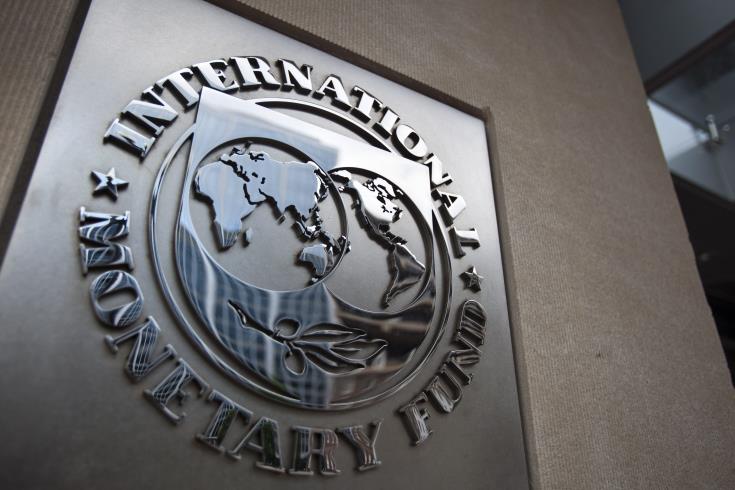Economic growth in Cyprus will slow sharply before recovering, due to the shock associated with the war in Ukraine, the International Monetary Fund (IMF) has said, adding that the key near-term challenge “is to calibrate a policy response to the economic fallout from the war in Ukraine.” In Staff Concluding Statement over the completion of the 2022 Article IV Mission to Cyprus, IMF said while the 2022 budget provides sufficient fiscal support in the baseline, “additional discretionary support may be needed if the impact of the shock is larger than expected”, stressing that such support should be temporary, targeted, and not hinder reallocation of labor to expanding sectors. In the medium-term, the IMF calls for a gradual fiscal adjustment that should aim to rebuild buffers by bringing the budget close to balance by 2024. “Despite a reduction in exposures to Russia, Cyprus is highly vulnerable to the economic fallout from the war in Ukraine,” the IMF said, recalling that the island’s tourism sector was highly dependent on arrivals from Russia which represent about 20 percent of the total. It also notes that the direct impact on the financial sector from sanctions will likely be limited given that exposures to Russia have diminished since the financial crisis and even more so after winding down operations of RCB Bank. On the growth prospects, the IMF says that growth is projected to slow from 5.5 per cent in 2021 to around 2 per cent in 2022 reflecting mainly the impact of the war and sanctions on export of services (including indirect from slower growth in Europe), and the negative terms-of-trade shock from higher energy and food prices. In its October WEO, the IMF projected a 3.6 per cent growth rate for Cyprus. The Fund said recovery should regain momentum in 2023 if the situation normalises, and it is projected to continue in the medium term with potential growth gradually increasing (from 2.5 per cent to about 3 per cent by 2027), supported by investments and structural reforms in the Recovery and Resilience Plan, while inflation is expected to rise this year and then start declining but will remain elevated in 2023 and beyond, given the prolonged pass-through. Pointing out that risks are tilted to the downside, the IMF added that the key risk is an escalation and longer duration of the war and the sanctions.
According to IMF, fiscal policy should continue providing support as needed but aim to gradually rebuild buffers. Noting that there is room, if needed, to provide further support in the face of the war-related shocks (especially considering a stronger-than-expected fiscal position last year, the IMF stresses however that given the post-pandemic elevated public debt level (104 percent at end-2021), policy should aim at restoring buffers through a gradual fiscal adjustment. It also notes that although the government fiscal target of a 0.75 per cent percent of GDP surplus in 2024 is consistent with this strategy “but achieving it might be challenging given the war-related shocks.” Furthermore, the IMF says the mission recommended a more forceful implementation of the existing deleveraging strategy and highlighted that structural reforms, such as strengthening governance, make the judicial system more efficient, and address skills gaps and mismatches and infrastructure gaps, are key to improve growth prospects.







Click here to change your cookie preferences